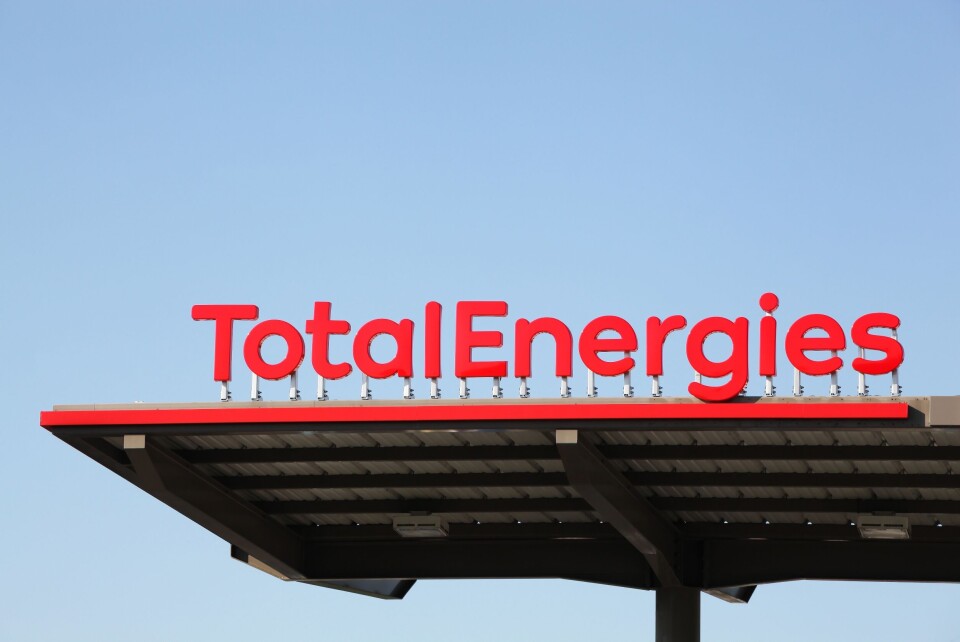-
Mandatory militarised civic service for youths in France aged 16-25 starts this autumn
Journée de défense et de citoyenneté is compulsory for many young people
-
Portuguese man o’ war sightings force French beach closures
Venomous species is often mistaken for jellyfish
-
French weekly weather forecast July 28 - August 1: unsettled north, high winds in south
A new low-pressure system is due to move in from the Atlantic, bringing wet and blustery conditions
Easter driving latest: traffic news, fuel shortages, petrol price cuts
Amid fuel shortages and Easter traffic, there is a glimmer of good news for drivers hitting the roads this weekend

France’s largest petrol station chain has expanded its fuel price cap in a bid to help drivers hit by shortages in some parts of the country.
TotalEnergies introduced a €1.99 per litre limit on diesel and unleaded 95 petrol in February.
Read more: TotalEnergies to cap fuel prices rather than offer discounts in France
But from Friday (April 7), the cap will be expanded to include SP98 petrol and Diesel Excellium as well.
In its announcement, TotalEnergies did not give a definitive end date to its fuel price cap, but said it will remain in place “until stations no longer experience supply difficulties”.
The move came ahead of what is expected to be a busy weekend on France’s roads as people travel for Easter.
As well as the traffic, drivers in some parts of France are grappling with fuel shortages caused by protests over the country’s controversial pension reforms, which include raising the minimum retirement age from 62 to 64.
How bad are France’s fuel shortages?
Pension reform strikes are continuing in France, causing some of the country’s oil refineries to be blockaded.
This has caused shortages at petrol stations across France.
But the situation is improving. French newspaper Le Figaro said this week around 10% of stations did not have either petrol or diesel, down from around 15% in late March.
The region around the capital Paris is badly affected, with around 40% of stations in Hauts-de-Seine and Val-de-Marne experiencing shortages.
A number of refineries resumed delivery and production of fuel in recent days.
On April 4, the Port-Jérôme-Gravenchon refinery, which represents around 20% of France’s refining capacity, resumed production, after previous strike action had blockaded the delivery of crude oil to the plant.
On top of this, strikers temporarily lifted the blockade to allow the delivery of around 43 million litres of fuel earlier this week to help ease shortages across the country.
In light of the expected increased volume of journeys over Easter, the government again requisitioned workers at the Gonfreville-L’Orcher refinery in Seine-Maritime.
Despite this, strike action at other major sites – such as Fos-sur-Mer in the south – is continuing, meaning France is not completely out of the woods just yet.
Read more: France’s petrol journey explained and where are shortages continuing?
Heavy traffic expected over the Easter weekend
Motorists have been warned to expect heavy traffic across France over Easter.
The long weekend coincides with the start of school holidays in zone A, which includes Besançon, Bordeaux, Clermont-Ferrand, Dijon, Grenoble, Limoges, Lyon and Poitiers.
It will be particularly bad on Friday (April 7), Saturday (April 8) and Monday (April 10), according to Bison Futé, France’s traffic information centre.
Friday and Saturday will see heavy traffic across the country. It will be worse in the region around Paris and France’s south-east on Friday, while Saturday will see traffic heaviest in the north-west.
Sunday will see lighter traffic, however.
#InfoTrafic #DépartVacances 🚗 | Le week-end de Pâques coïncide avec les premiers départs des vacances de printemps de la zone A. La circulation sera dense dans toutes les régions. Restez prudents et informez-vous ➡️ https://t.co/pHs11CqQcM pic.twitter.com/WnK5n1EtrW
— Bison Futé (@BisonFute_MT) April 5, 2023
Related articles
Refinery blockades: Tips on how to find petrol and diesel in France
Updated: Dates and sectors of upcoming pension strikes in France
Pension protests in France: how did it get to this and what is next?
























